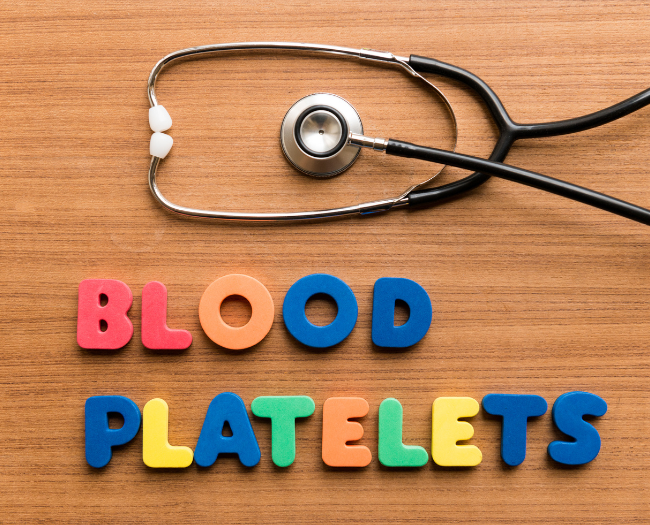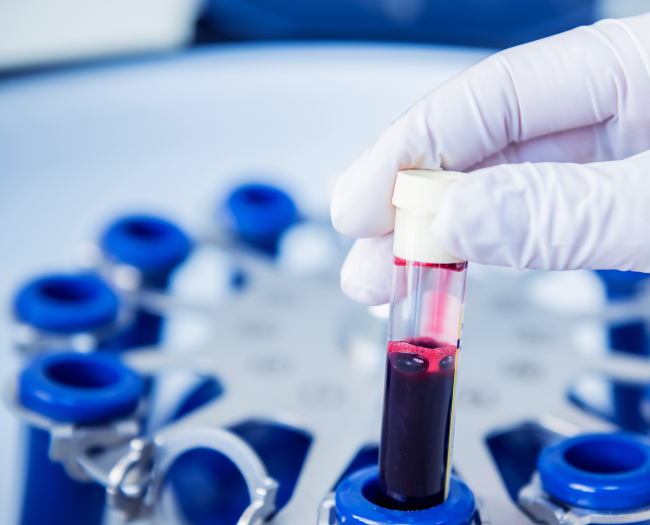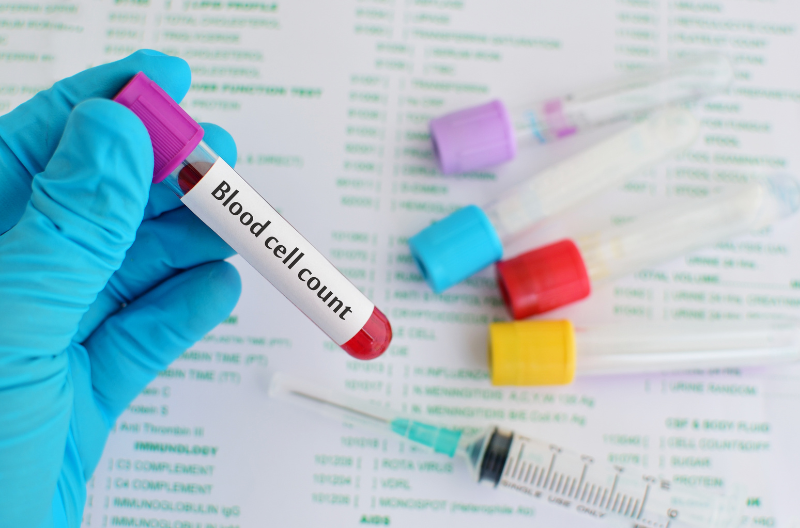Vitamin D deficiency is a global health issue affecting approximately one billion individuals. Vitamin D performs several activities in the body and acts through intracellular vitamin D receptors. You might wonder, “Can vitamin D deficiency cause high platelet count?”
There is a correlation between vitamin D insufficiency and an increased risk of cardiovascular disease.
Moreover, vitamin D deficiency may be linked to an increased risk of heart disease, particularly in women with a high mean platelet volume (MPV), since it is linked to an increased risk of developing coronary artery disease. Platelets are tiny cell fragments that circulate in the blood and help to form blood clots via hemostasis.
MPV is a strong indicator of overall platelet function since it develops when the body continually generates new platelets. High MPV has been associated with cardiovascular disorders such as stroke, hypertension, and coronary artery disease. Because more significant platelets have more difficulty passing through the circulation, they may get trapped and block your arteries more quickly.
Does Vitamin D affect blood platelets

Can vitamin D deficiency cause high platelet count? Those with low vitamin D levels had higher platelet counts. In vitamin D groups, however, there was no significant association between vitamin D and age, MPV, uric acid, gender, or ALP.
Blood platelets are affected by vitamin D. This may be useful in medical diseases such as essential thrombocythemia when platelet counts are greater than normal and may aid in platelet count reduction.
Additionally, the severe vitamin D deficiency and insufficiency groups saw a significant difference in platelet counts. Platelet counts were substantially higher in the severe vitamin D deficient group than in the others.
What does low vitamin d and high platelets mean

Low vitamin D and high platelet indices are linked to an elevated rate or risk of numerous disorders, including metabolic syndrome and cardiovascular disease.
Vitamin D2 and D3 are secosteroid hormones. It is made from ergosterol in supplements or foods, but vitamin D3 is made from 7-dehydrocholesterol after UV exposure. Vitamin D helps with immunity, anticoagulation, calcium homeostasis, cell proliferation and differentiation, bone mineralization, and inflammation.
Platelets are tiny yet active anucleate cell fragments that arise in the bone marrow from megakaryocytes and have roles in hemostasis and thrombosis, immunology, inflammation, and atherosclerosis. Platelet count (PC) and platelet size are laboratory measurements of platelets that are commonly used as indications of the typical inflammatory response to infection.
Blood clots might develop in your arteries if your platelet count is too high. This might obstruct blood flow in your body. Thrombocythemia is an elevated platelet count that is not caused by another medical disease. This disorder is also known as primary or essential thrombocythemia.
Rickets is a disease that manifests in children as abnormal growth patterns, muscle weakness, bone discomfort, and abnormalities of the joints due to a severe deficiency of vitamin D.
What should you do if you have high platelets

A condition of high platelets occurs when a person’s blood has an abnormally high number of platelets. This may occur if your bone marrow produces unusually high platelets. Platelets that are too high may lead to complications like blood clots forming on their own. However, not everyone who has this condition has symptoms. Clots in the blood may cause major medical complications such as strokes or heart attacks.
If you have high platelets, you should consult with your doctor. It is possible to treat high platelet counts with different medications, including interferon alfa, hydroxyurea, aspirin, and anagrelide, as prescribed by your doctor. While aspirin may help prevent blood clots, other drugs may cause a decrease in the number of platelets in your blood.
Aspirin or hydroxyurea may be suggested first by your doctor if interferon alfa or anagrelide aren’t working or are having side effects that are bothersome.
What supplements can lower platelets

The PDSA has shown that some supplements might bring about a reduction in platelet counts. L-tryptophan, vitamin B3, or niacin, are examples of supplements that you should avoid.
It is not yet known whether or not other supplements also have the potential to lower a person’s platelet count. As a consequence of this, the PDSA issues a warning to the effect that a person who is given a diagnosis of thrombocytopenia should inform their physician of any additional supplements they have been taking since receiving the diagnosis.
Platelet counts are affected by gender, ethnicity, and environment. If no variables affect platelets, they stay stable. There’s limited study on vitamin D’s effect on platelet counts and whether a lack might cause a high count. The effect of vitamin D on platelet counts is uncertain, and earlier research hasn’t shed enough light.
Is it possible that a vitamin deficiency could lead to excess weight gain? Know the possibility by reading: Vitamin Deficiency: Can It Cause Weight Gain?

